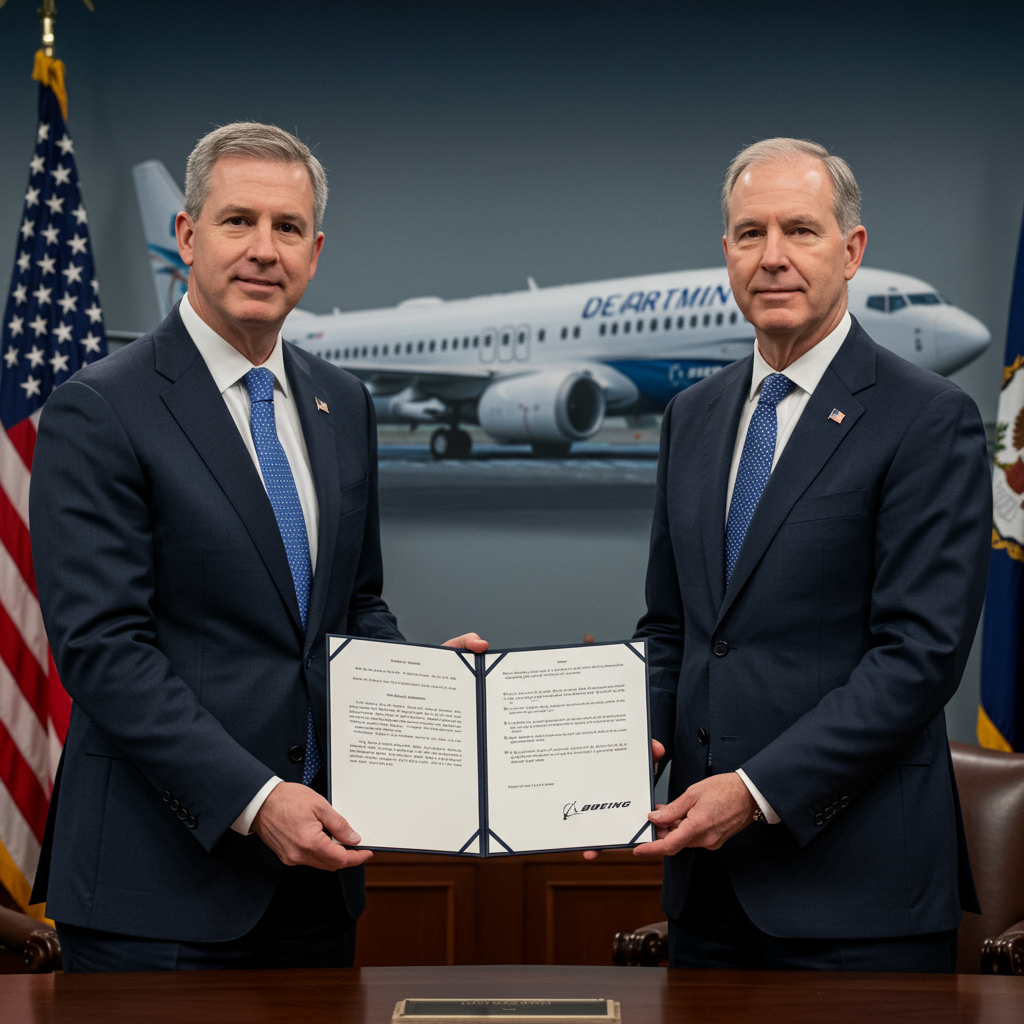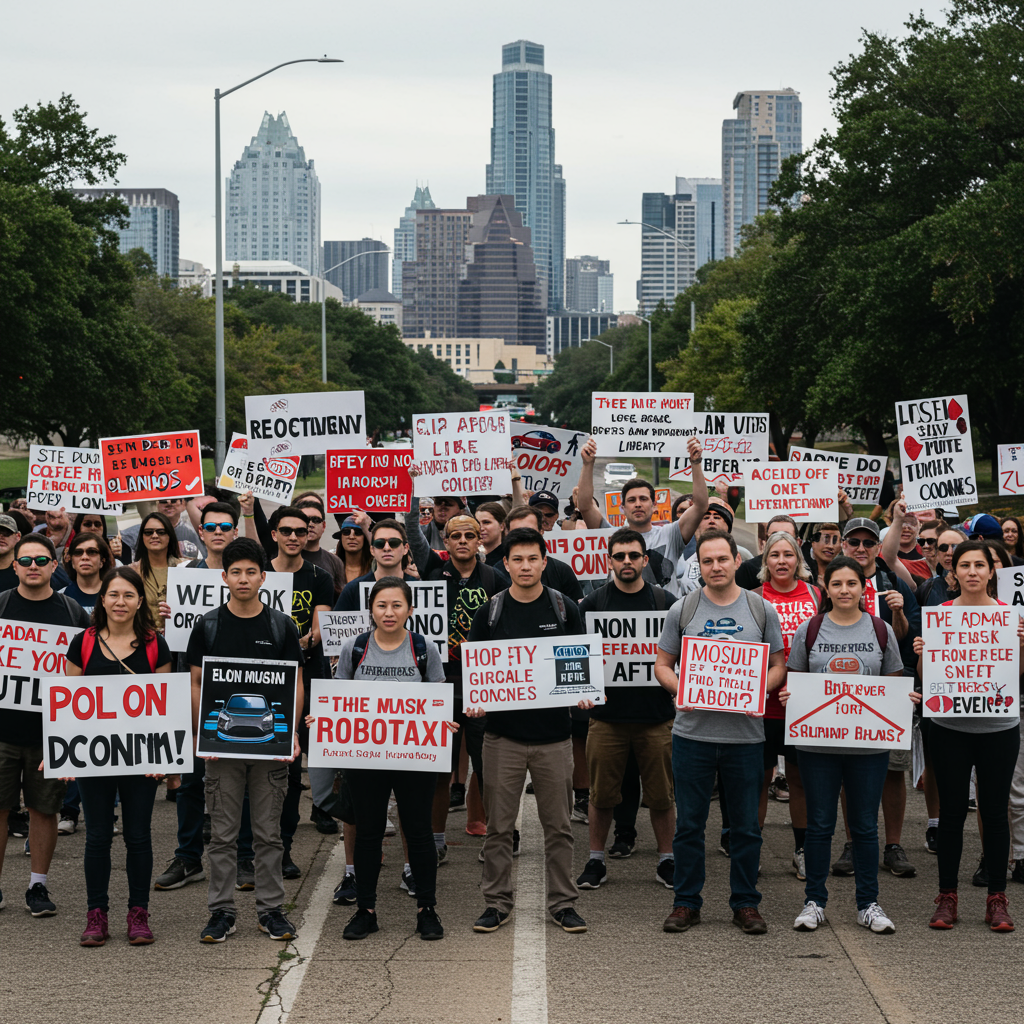A significant agreement has been reached between the US Department of Justice (DOJ) and Boeing, allowing the aerospace giant to avoid criminal prosecution related to two fatal crashes of its 737 Max aircraft in 2018 and 2019. The crashes, which involved Lion Air and Ethiopian Airlines flights, resulted in the deaths of 346 people and led to a global grounding of the aircraft model for nearly two years.
Under the terms of this proposed deal, Boeing will prevent facing a potentially damaging fraud trial and avoid being branded a convicted felon, which experts say could have jeopardized its ability to continue operating as a federal contractor.
Key Details of the DOJ Agreement
The agreement requires Boeing to pay and invest more than $1.1 billion. This substantial sum includes several components:
Approximately $444.5 million allocated to a fund for the families of the crash victims.
Over $455 million designated for strengthening Boeing’s internal compliance, safety, and quality programs.
A criminal fine of $243.6 million.
In addition to these financial penalties, Boeing must admit to conspiring to obstruct and impede an investigation by the US Federal Aviation Administration (FAA). The company is also mandated to continue improving its anti-fraud compliance and ethics programs and will be required to retain an independent compliance consultant who will report findings to the government.
The Fatal Crashes and Underlying Issues
The two tragic crashes, occurring in October 2018 (Lion Air) and March 2019 (Ethiopian Airlines), were ultimately linked to a new flight control software system known as MCAS (Maneuvering Characteristics Augmentation System) on the 737 Max.
Investigations revealed that Boeing was accused of misleading the FAA and failing to inform airlines and pilots about certain aspects of the MCAS system. MCAS was designed to automatically push the plane’s nose down to prevent an aerodynamic stall. In both crashes, faulty readings from a single sensor triggered the system, and pilots were unable to regain control of the aircraft. Following the widespread grounding, Boeing redesigned MCAS to rely on input from two sensors and reduce its power.
A Complex Legal Timeline
This latest agreement is the culmination of a lengthy and complex legal process:
2021 Settlement: Boeing initially avoided prosecution in the closing days of the Trump administration by reaching a $2.5 billion deferred prosecution agreement with the DOJ. This included a $243.6 million fine, compensation for victims, and a commitment to compliance improvements over three years.
Alleged Violation: Federal prosecutors later alleged that Boeing violated the terms of this 2021 agreement by failing to implement the promised changes aimed at detecting and preventing violations of federal anti-fraud laws.
The Catalyst: The case gained renewed urgency following a January 2024 incident where a door plug detached from a Boeing 737 Max 9 operated by Alaska Airlines mid-flight. This incident occurred just two days before the 2021 agreement was set to expire and prompted the DOJ to find Boeing in violation and reopen the criminal case.
- Rejected Plea Deal: Last year, Boeing had agreed to plead guilty to the felony fraud charge as part of a proposed plea deal. However, US District Judge Reed O’Connor in Fort Worth rejected that agreement in December 2023, citing concerns that diversity, inclusion, and equity (DEI) policies could improperly influence the selection of an independent monitor for Boeing’s compliance. The new agreement avoids a guilty plea and replaces the independent monitor with a compliance consultant.
- https://www.bbc.com/news/articles/c14kg0lj8k6o
- https://www.theguardian.com/business/2025/may/23/boeing-justice-department-deal-737-crashes
- https://apnews.com/article/boeing-justice-department-max-crashes-9f7250a2e2b400b31e19f2b261f78163
- https://www.npr.org/2025/05/23/nx-s1-5409364/boeing-justic-department-737-max-plane-crashes-charges-deal
- https://www.aljazeera.com/economy/2025/5/23/boeing-reaches-deal-with-us-doj-to-avoid-prosecution-over-737-max-crashes
DOJ’s Justification vs. Victim Families’ Criticism
The Justice Department characterized the new deal as “a fair and just resolution that serves the public.” They argued it “guarantees further accountability and substantial benefits from Boeing immediately, while avoiding the uncertainty and litigation risk presented by proceeding to trial.” A DOJ spokesperson added that the resolution is considered “the most just outcome with practical benefits,” providing “finality and compensation for the families” and impacting “the safety of future air travelers,” while acknowledging that nothing can diminish the victims’ losses.
However, the agreement has drawn strong criticism and disappointment from many families of the crash victims. These families have long advocated for a public trial, the prosecution of former Boeing officials, and greater accountability beyond financial penalties. Lawyers representing relatives of the victims called the deal “unprecedented and obviously wrong for the deadliest corporate crime in US history” and indicated they would object to the agreement, hoping the court will reject it.
Javier de Luis, an aerospace engineer who lost his sister in the Ethiopian Airlines crash, expressed outrage, stating that the DOJ is “walking away from any pretense to seek justice.” He argued the deal sends a message that companies can “just pay a small fine and move on” even after causing deaths. Catherine Berthet, whose daughter died in the same crash, called herself “absolutely stunned,” suggesting the government has “blind faith in Boeing” to the point of letting it “get away with the murder of 346 people.” Another lawyer referred to the agreement as a “sweetheart deal.”
The DOJ is expected to file a motion to dismiss the case once the agreement is finalized. Boeing and the DOJ have largely declined to comment specifically on the terms of the agreement.


